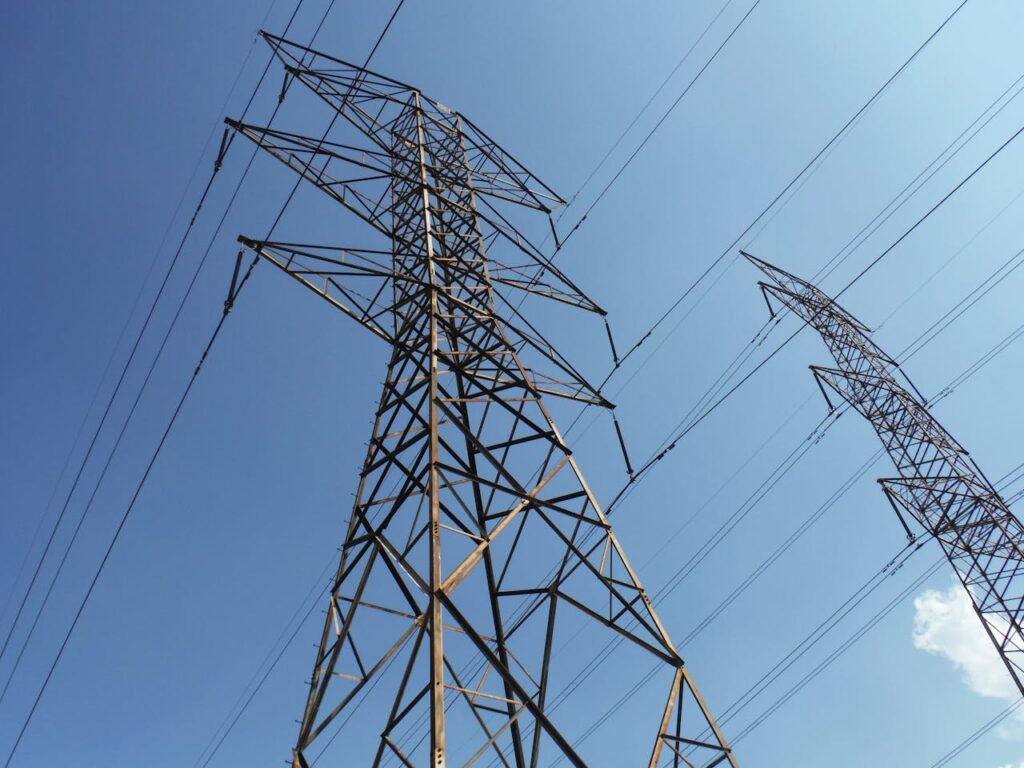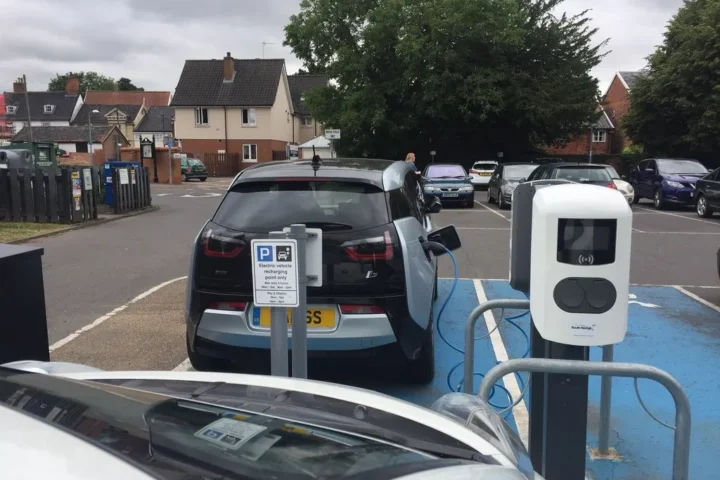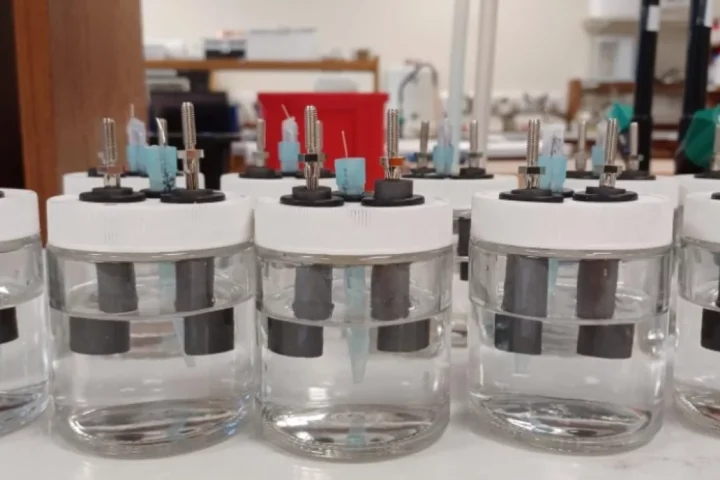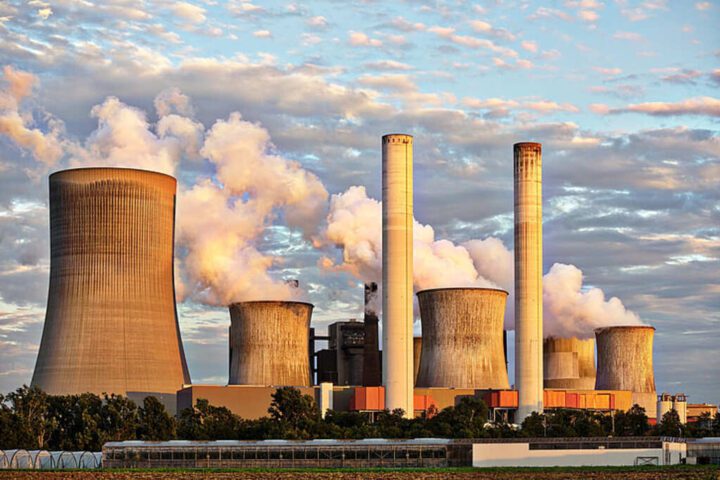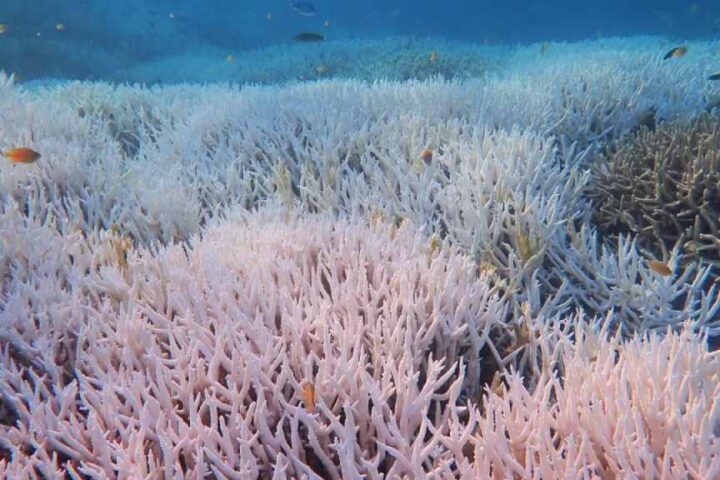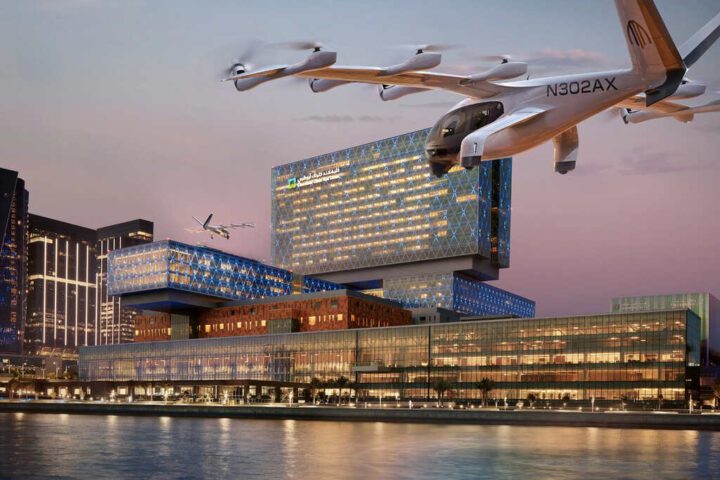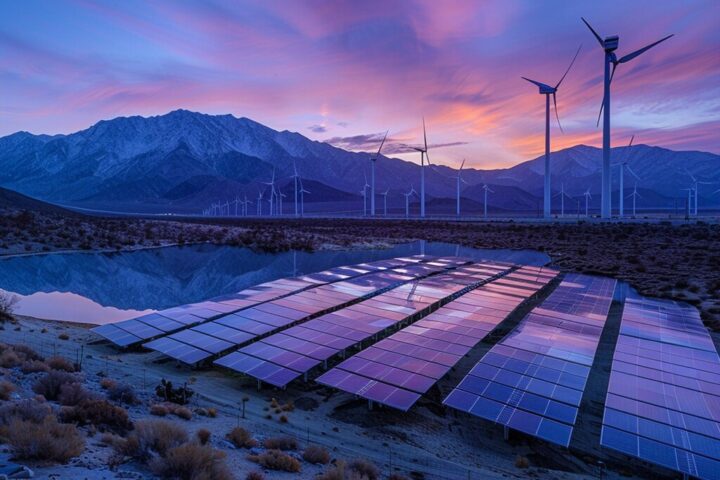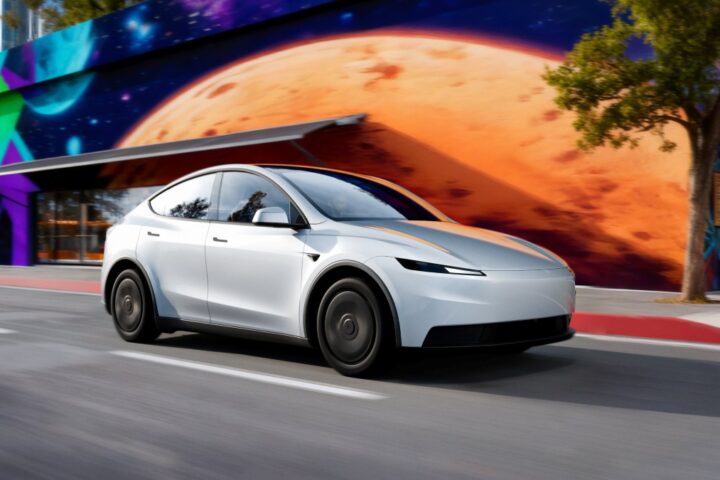British Columbia continues its dominance in Canadian energy efficiency, securing the top position for the fourth consecutive year with 54 points out of 100 in the latest Canadian Energy Efficiency Scorecard. The western province’s stringent policies on building emissions and heating systems remain central to its success.
“The CleanBC Roadmap to 2030 plan, high-performance building codes, and transportation electrification have solidified B.C.’s leading position,” reports Efficiency Canada, the Carleton University-based advocacy organization behind the comprehensive assessment.
Prince Edward Island has emerged as a strong contender, tying with Quebec for second place at 45 points. This marks a remarkable improvement from its seventh-place ranking in 2019 and fourth position in 2022. PEI’s Environment, Energy and Climate Action Minister Gilles Arsenault states, “Islanders are doing the right thing for the environment, and I’m pleased we have such high interest in our free net zero programs. Energy efficiency not only benefits the environment, but also significantly reduces energy costs for residents, taking a small step in making life more affordable.”
The maritime province’s success stems from its aggressive implementation of heat pump installations, with over 12,800 units provided free to income-qualified residents. This initiative has prevented 26,000 tonnes of greenhouse gas emissions and saved 12 million liters of home heating oil.
Alberta dropped two positions from 2022, scoring just 8 out of 100 points. The province’s reluctance to allow utilities to engage in demand-side management (DSM) activities sets it apart as one of few North American jurisdictions maintaining this stance.
More Stories
The federal government’s Green Buildings Strategy focuses on retrofitting existing buildings and promoting energy-efficient new constructions. The Canada Greener Homes Affordability Program specifically targets low-to-median-income households to reduce energy costs.
Energy efficiency programs across provinces show varying levels of investment and implementation. Minister of Energy and Natural Resources, Jonathan Wilkinson, reinforces this through the Green Buildings Strategy announcement, focusing on both retrofit requirements and new construction standards.
Looking ahead, BC’s mandate for zero-carbon new buildings by 2030 and 100% efficient space and water heating systems sets a robust benchmark for other provinces. PEI leads in transportation electrification, ranking first nationally in electric vehicle charging ports per capita and fourth in annual electric vehicle registrations as a percentage of total sales.
The comprehensive scorecard evaluates provinces and territories across 45 metrics, including policies, programs, buildings, transportation, and industry. These are followed by Yukon, Manitoba, Saskatchewan, Newfoundland and Labrador, and Alberta.
